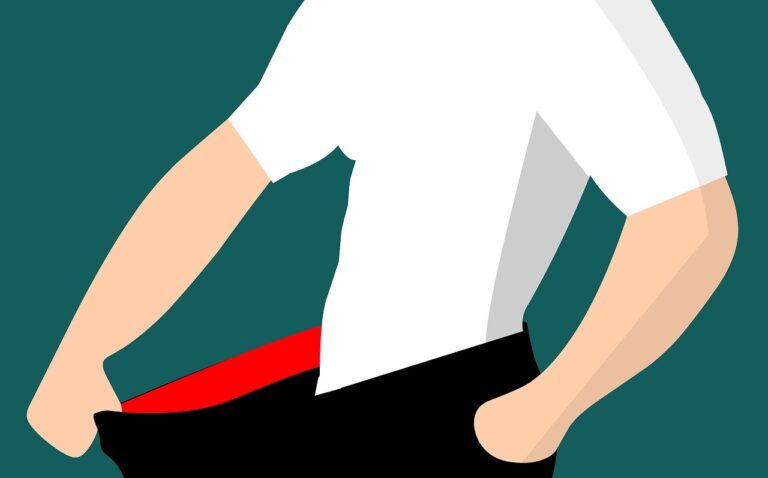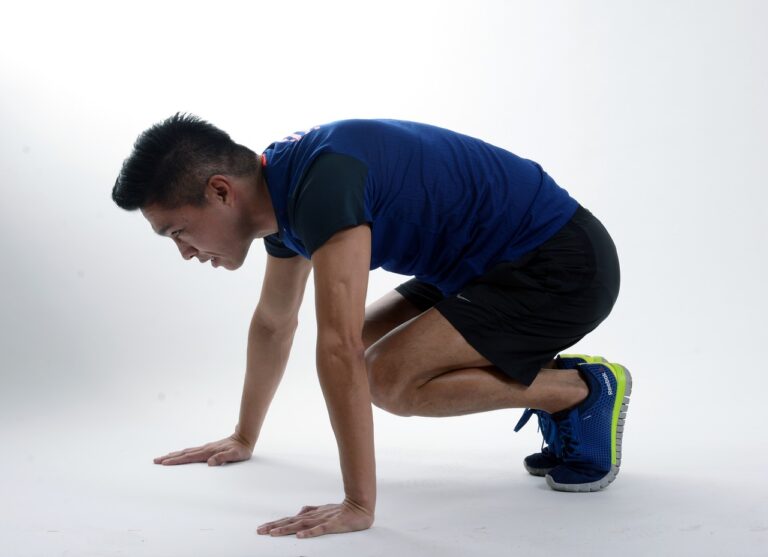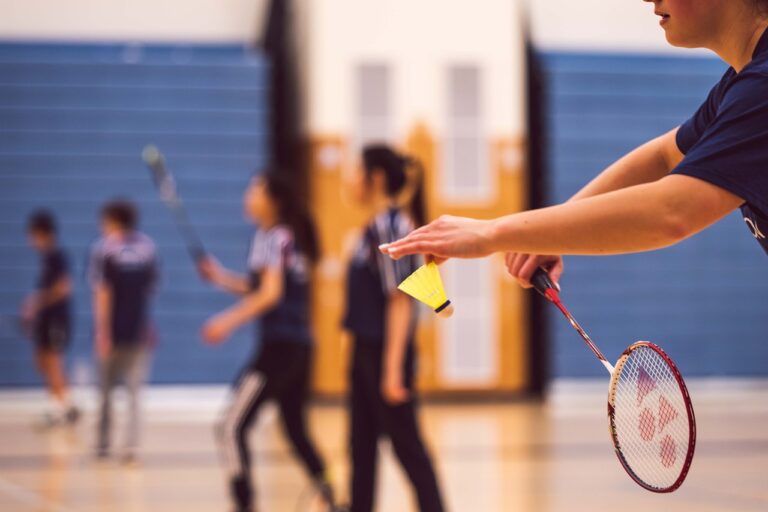The Impact of Sleep on Athletic Performance and Recovery
Quality sleep is a crucial factor that directly impacts the overall performance and well-being of athletes. Adequate rest is essential for the body to recover and repair itself after intense training sessions and competitions. Without sufficient sleep, athletes may experience decreased reaction times, diminished focus, and reduced physical endurance, all of which can significantly hinder their ability to excel in their respective sports.
Moreover, sleep plays a key role in regulating various physiological processes essential for optimal athletic performance. During sleep, the body releases growth hormone, which is crucial for building and repairing muscles. Additionally, deep sleep stages are when the body synthesizes proteins, aids in the recovery of tissues, and strengthens the immune system. Therefore, athletes who prioritize quality sleep are better equipped to recover faster, avoid injuries, and perform at their peak levels consistently.
The Relationship Between Sleep and Physical Performance
Proper sleep is a critical component of an athlete’s overall physical performance. Inadequate sleep can lead to decreased reaction times, reduced speed, and impaired decision-making abilities. Research has shown that getting enough quality sleep is essential for optimal athletic performance as it allows the body to recover and repair itself.
During sleep, the body releases growth hormone, which is vital for muscle growth, repair, and recovery. Inadequate sleep can disrupt this hormone production, slowing down the body’s ability to recover from strenuous physical activity. Additionally, lack of sleep can result in increased levels of cortisol, a stress hormone that can hinder muscle repair and growth. Prioritizing sufficient sleep is crucial for athletes looking to maximize their physical performance and achieve their training goals.
How Sleep Affects Muscle Recovery and Repair
Getting enough quality sleep is crucial for athletes looking to optimize their muscle recovery and repair. During sleep, the body undergoes important processes that help repair damaged muscle tissues and promote growth. This is when the body releases growth hormone, which aids in repairing and rebuilding muscles that have been broken down during exercise.
Additionally, when we sleep, our muscles have the chance to relax and recharge. This downtime allows for the replenishment of glycogen stores, which are essential for providing energy during physical activities. Without enough sleep, the body may not have adequate time to carry out these essential processes, leading to decreased muscle recovery and hindered overall performance.
What role does sleep play in muscle recovery and repair?
Sleep is essential for muscle recovery and repair as it is during this time that the body releases growth hormone, repairs damaged tissues, and rebuilds muscle fibers.
How many hours of sleep should athletes aim for to optimize muscle recovery?
Athletes should aim for 7-9 hours of quality sleep per night to optimize muscle recovery and repair.
Can lack of sleep affect physical performance?
Yes, lack of sleep can impair physical performance by reducing energy levels, decreasing coordination, and slowing down muscle recovery.
Are there any specific sleep routines that athletes should follow for better muscle recovery?
Athletes should establish a consistent sleep schedule, create a relaxing bedtime routine, and ensure their sleep environment is conducive to restful sleep for better muscle recovery.
What are some tips for improving sleep quality for muscle recovery?
Some tips for improving sleep quality for muscle recovery include avoiding caffeine and electronics before bedtime, creating a dark and quiet sleep environment, and practicing relaxation techniques such as deep breathing or meditation.







